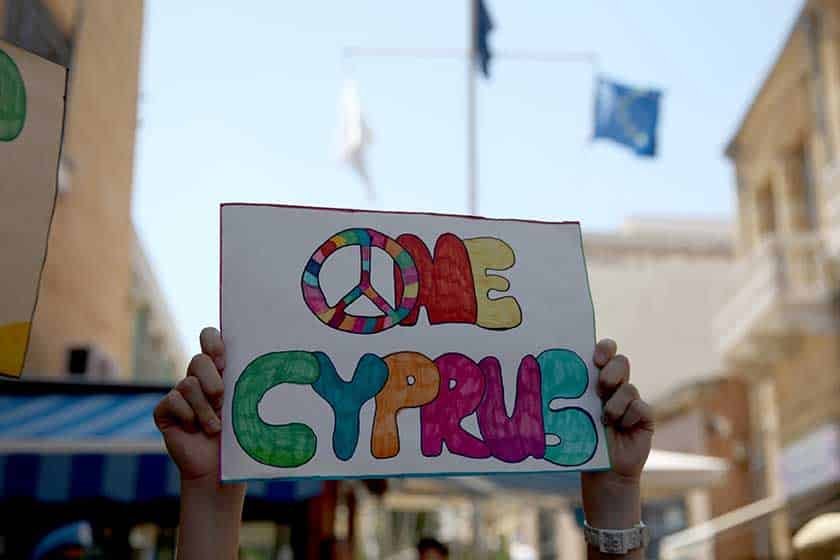The Russian Federation outlined its formula for a settlement of the Cyprus problem in a document that listed 81 positions on a range of issues. There was nothing that had not been said before, but served more as a reminder that Moscow would resort to its traditional spoiling tactics, in the unlikely event that the current deadlock was broken, and a new peace process was set in motion.
Russia’s, so-called, ‘principled position’ on the Cyprus issue was always aimed at preventing an agreement between the two sides, because this would ensure the continuation of the division in Nato’s southeastern flank, which was created by the 1974 invasion. Soviet Union thinking, also embraced by the Russian Federation, was that an unsolved Cyprus problem guaranteed tense relations between Nato members Greece and Turkey, and this remains Moscow’s policy. Even more so today, with Russia’s hostility towards the West and Nato.
One of Moscow’s positions states the following: “The final model of the settlement must be approved by the Greek Cypriots and the Turkish Cypriots without external pressures. The imposition of arbitrary time frames is impermissible.” What if the two sides agreed to a time frame and to external pressures? What gives Moscow the right to dictate how the peace process should be conducted and how an agreement would be ratified? And why is a time frame impermissible? It is permitted by international law, so on what has Moscow based its objections.
The undermining of the Cyprus peace process has been an unchanging feature of the Kremlin’s policy since the height of the Cold War in the sixties. And now it also wants to have a direct say in the peace process via the UN Security Council, as is shown by its formula. Not only does it want the permanent members of Security Council to be involved the international aspects of the problem (guarantees) but it also stated that the UNSG’s special envoy would require the approval of the Security Council and be accountable to it. This would allow Russia to have a direct say in the peace process that it wants to fail – preferably not to start.
Many Greek Cypriots will applaud Russia’s position, because they also take a principled stand against a settlement. It is these people Moscow wants to rally against the peace process with the ludicrous conditions it has set, without anyone asking Russia to do so. Never has Russia played a positive or constructive role in the Cyprus peace efforts, openly encouraging opposition, as a matter of policy. An open Cyprus problem maintains divisions in Nato, also pushing Turkey away from the West and closer to Moscow.
These Russian objectives are as valid today as they were in the 1970s – hence its unchanging principled stand on Cyprus.







Click here to change your cookie preferences